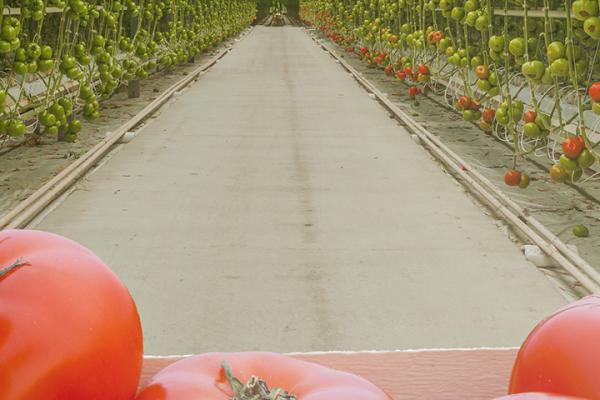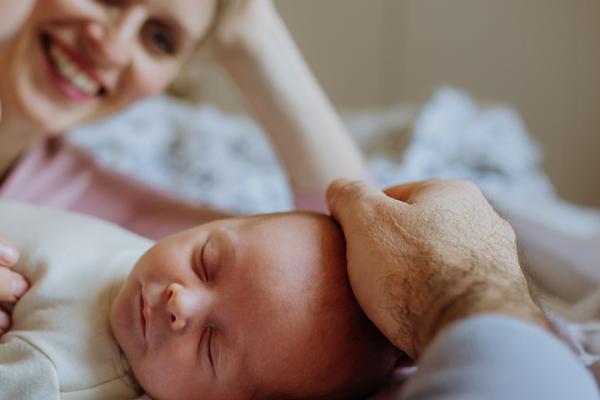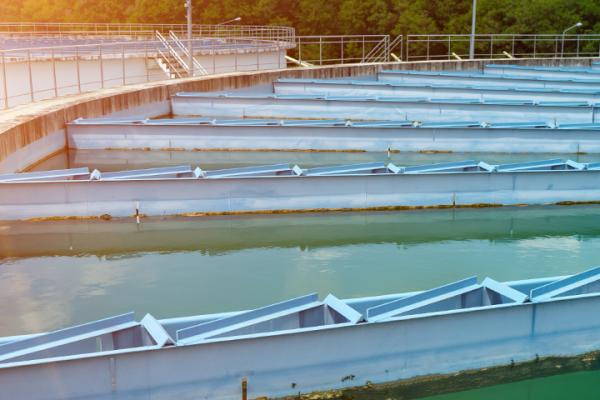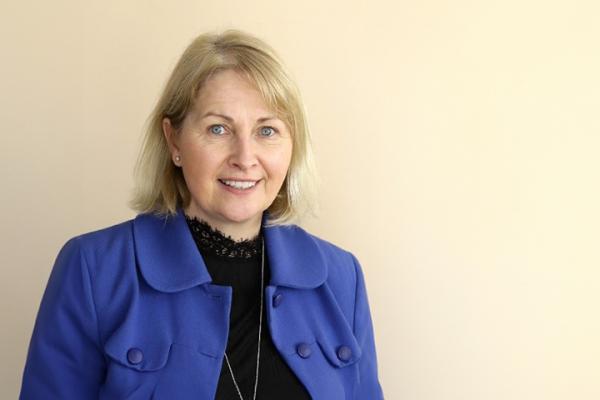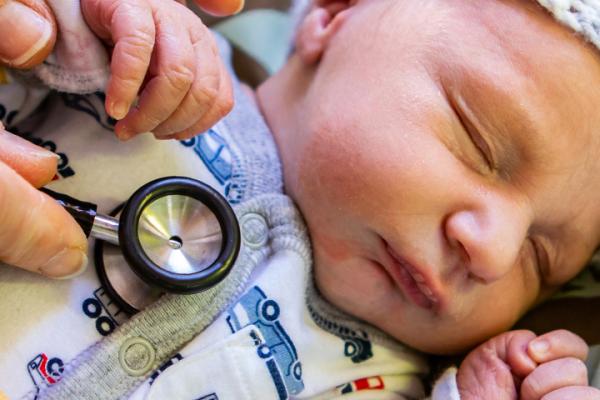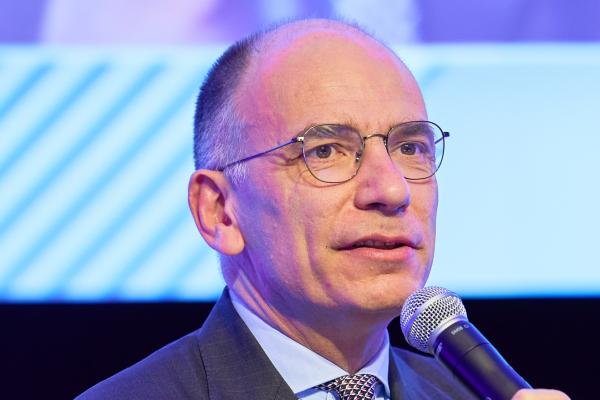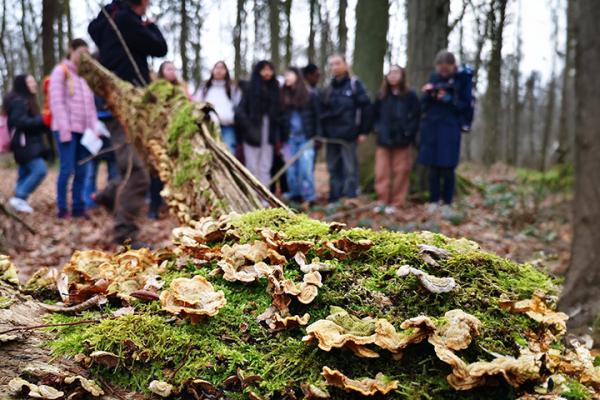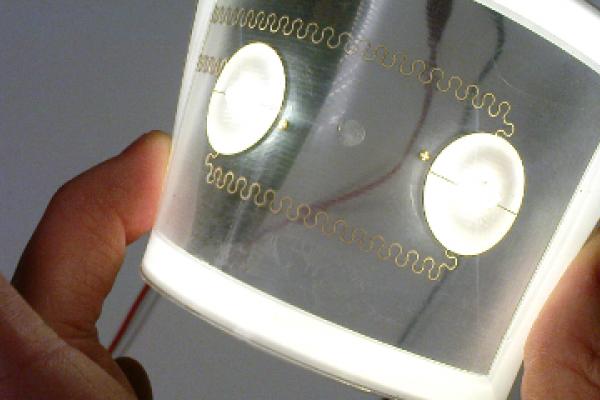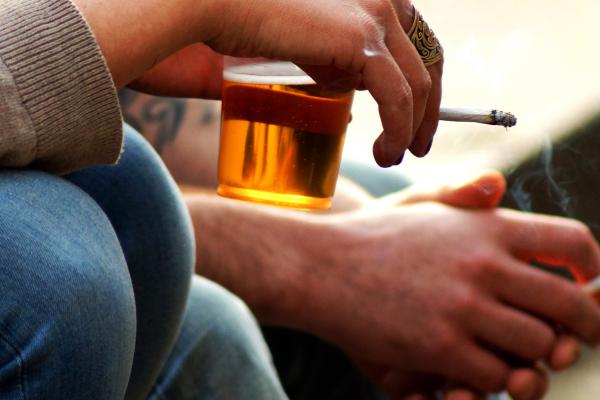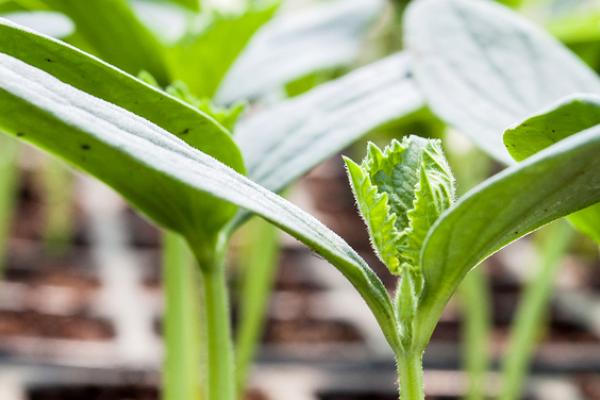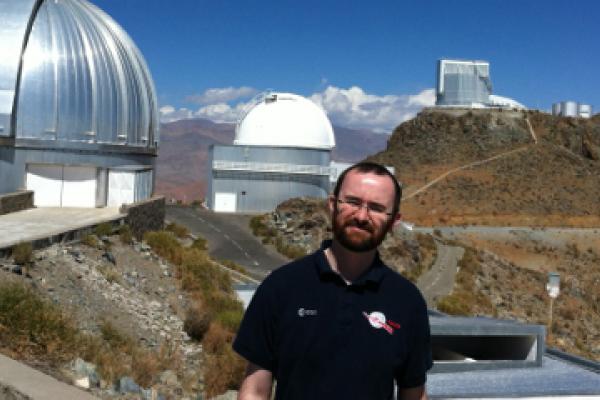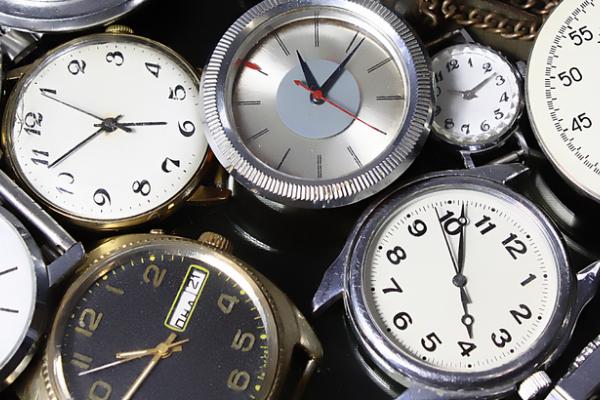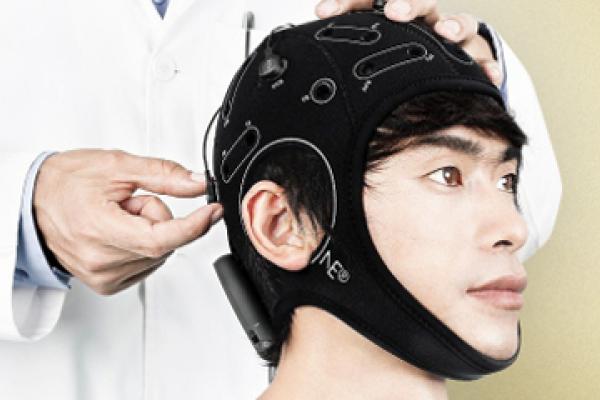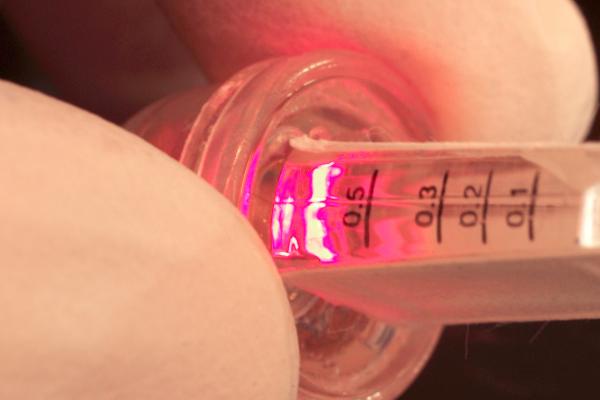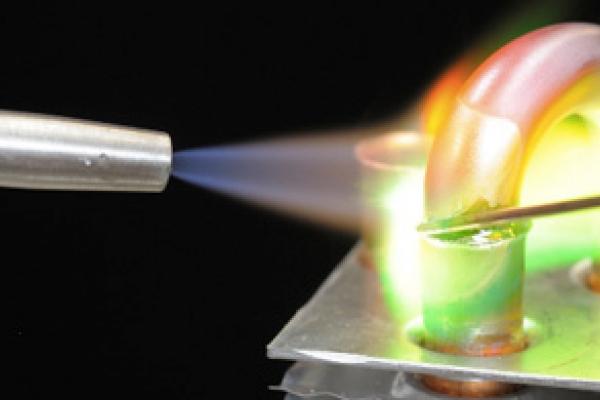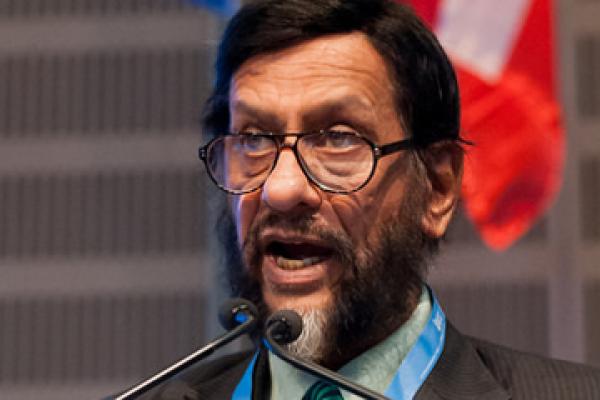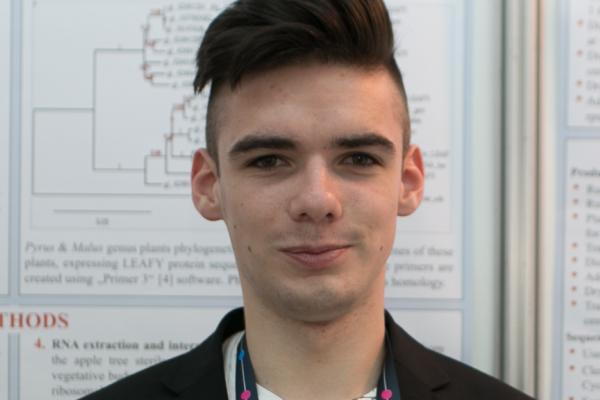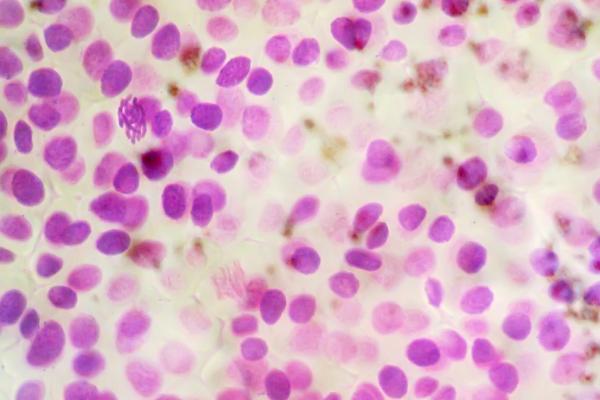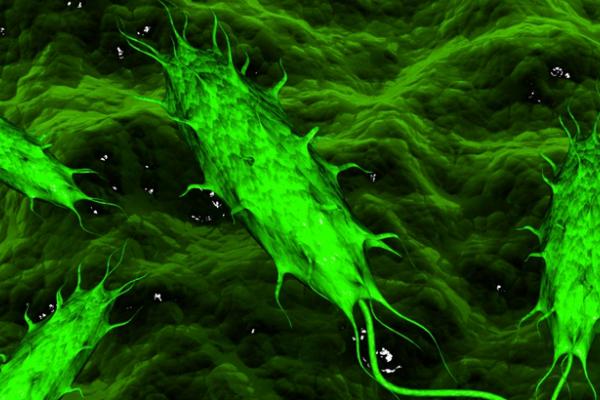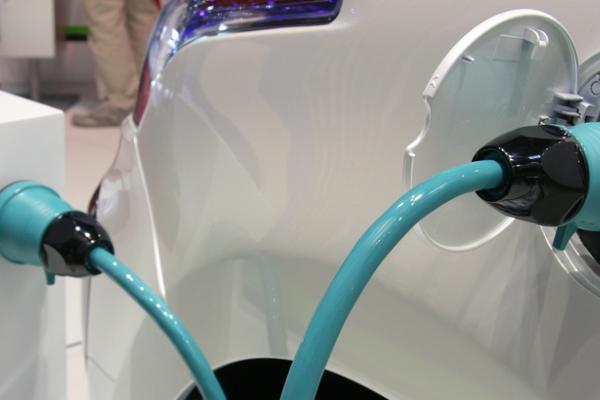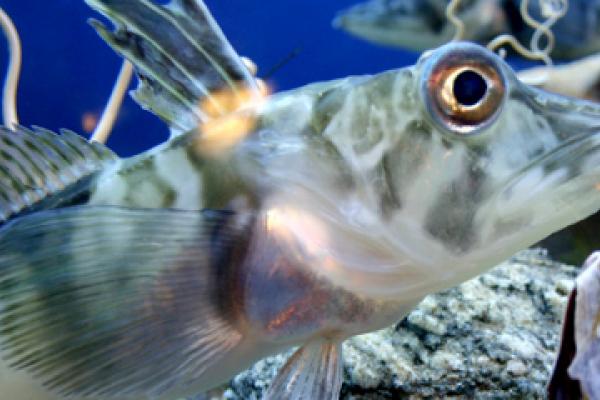EU-funded researchers are exploring new ways to learn that make science more relevant to everyday life – and more fun.
Special series

Researchers on a mission
The EU is on a mission with researchers to protect our planet and society.
By helping researchers discover new ways to improve people’s lives, and to protect us from climate change and global health shocks, the EU is building a better future for all of us.
Most popular
-
1
-
2By Andrew Dunne
-
3By Horizon Staff
-
4By Helen Massy-Beresford
-
5
Top videos
Miracle material enters the limelight with European help
14 July 2024
Pioneering care for preemies – from artificial placentas to brain-healing stem cells
12 July 2024
Past articles
Wearable technology isn’t just about gadgets. Scientists are developing a new generation of fabrics and materials with health applications from pain relief to fighting infection.
A special form of man-made crystals known collectively as perovskites have stunned scientists with their capacity to convert sunlight into electricity, and further development could reduce the cost of renewable energy.
Early cancer detection and faster mapping of DNA are just some of the potential applications of fluorescence microscopy, an imaging technique that allows us to peer into the world of individual molecules and earned its inventor Professor Stefan Hell a share of the 2014 Nobel Prize for Chemistry.
Falling in with the wrong crowd at school or college can lead some young people astray but not others – now researchers are closing in on the addiction genes that determine whether bad habits stick.
Foods that make us feel fuller faster and for longer could be the key to managing obesity, according to EU scientists who are developing a new range of appetite-suppressing foods to help us control how much we eat.
Many of the drugs we use today originate from the healing properties of medicinal plants. Now researchers are augmenting plants so that they can serve as natural factories for the world’s drugs and chemicals.
Many of the drugs we use today originate from the healing properties of medicinal plants, now researchers are augmenting plants so that they can serve as natural factories for the world’s drugs and chemicals.
The Philae probe landing on comet 67P/Churyumov–Gerasimenko on 12 November was awe-inspiring, but the main science phase of Rosetta is yet to come, said Dr Colin Snodgrass, the coordinator of the mission’s ground-based observation campaign and lead scientist on the EU-funded ISANDAL project, speaking from the European Southern Observatory in Chile.
Drugs that could make you into a morning person or help shift workers to concentrate at night could become a reality thanks to fresh insights into how the body clock works at a cellular level.
Scientists who made it possible for two people to communicate across continents by thought alone are now developing their headset technology for commercial use in medical applications.
Brain patterns that you are not even aware of could trigger the release of drugs to treat epilepsy or pain as a result of technology which is already in development.
New techniques to split water into hydrogen and oxygen are raising hopes of a clean, cheap energy source that could power everything from blowtorches to a city’s electricity supply.
The Large Hadron Collider (LHC), the world’s biggest particle smasher, will look for known unknowns such as dark matter, but also for so-called unknown unknowns that researchers have little idea about. That is according to Professor Fabiola Gianotti, the newly appointed Director-General of CERN, the European Organization for Nuclear Research, which helped identify the Higgs boson.
Energy efficiency and agriculture are two areas where EU research and innovation could make a significant impact on climate change, and major breakthroughs could happen in a very short period of time, Dr Rajendra Pachauri, the chair of the Intergovernmental Panel on Climate Change (IPCC), told Horizon following a meeting at the European Parliament in Brussels.
Curiosity, creativity and tenacity are three vital qualities for young scientists, says 18-year-old Lithuanian Matas Navickas, who won third prize at the European Union Contest for Young Scientists in September for his work creating a flowering apple tree in a test tube.
Could machines, technologies and devices made with micro-organisms and bacterial cells soon be a part of our daily lives? Will modified cells be a part of the medical treatments we take, the food we eat, the fuels we use?
Microbes that produce electricity by feeding on waste could be available within a decade, thanks to cutting-edge technology which is able to adapt the way that organisms function.
Rice, olives, tomatoes – healthy foods are getting a boost as scientists find ways to enhance ingredients that can keep the doctor away.
Smart control systems and combination batteries could help give reassurance to range-conscious electric car drivers.
Cryopreservation, in which organic material is stored at extremely low temperatures, may not yet have reached the science fiction dream of placing people in suspended animation, but technology inspired by hard-to-freeze fish is helping make it an effective way of preserving genetic plant material for future use.
Weekly news alert


